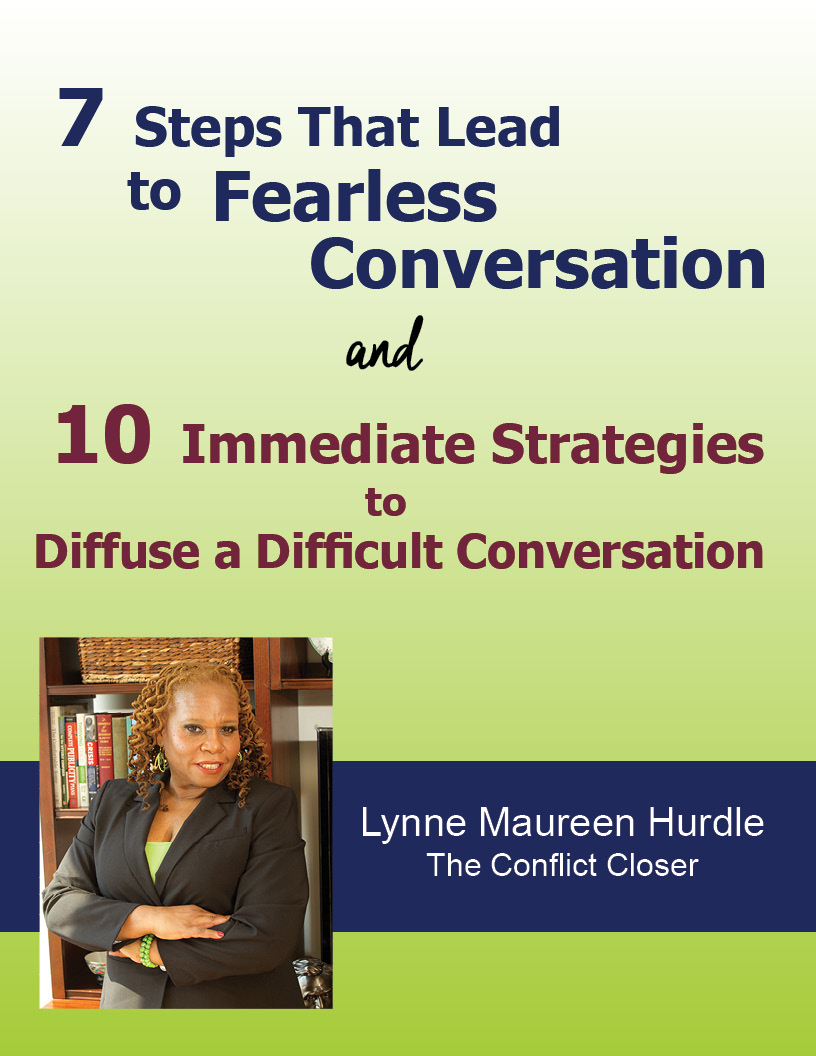Five Ways To Build It And Keep It
I think that we are all familiar with Michael Jordan saying that he was never afraid to fail. Some of us may not be as familiar with Spanx founder, Sara Blakely’s story about her father having the family sit around the dinner table and encouraging them to talk about their failures along with their successes. It really gave her permission to fail, taught her how to extract the lessons, and to not be afraid to fail.
Most folks don’t even want to say they failed at something. I failed at math my entire elementary through college experiences. Because of the view that society has about failing, I was made to feel like a failure rather than someone who needed to search for a way to succeed at it, which I eventually found but it was during my last year of college when I was desperate to graduate. I still describe myself as bad at math even though the reality is, I am darn good at the basics which I use every day, but don’t even think about talking to me about calculus or trigonometry.
Being afraid to fail affects not only our self-esteem, our pursuit of our dreams, and our happiness, but also affects the way in which we approach and engage in conflict. When folks are involved in a difficult conflict, I will often hear “it’s not going to work, why bother.” The desire for the conversations that need to take place to be easy is rooted in the fear of failing. Mind reading, forecasting what will or will not happen, or constantly avoiding the situation are all the results of fear and a big part of that is the fear that you will fail.
Two definitions of failure are to be unsuccessful or to miss. I’m wondering what is wrong with being unsuccessful at something. It means you went after something, you tried. Clearly, it is all defined by the culture of making all of us feel like we have to be as close to perfect as possible and it is hurting us badly. We need to develop the courage to fail, keep failing if we have to at different things that we attempt, and learn to love it. I know that’s a tall order for most of us, but it really is about changing the way we look at failing.
How do you get there?
- Make it a goal to look at failing as a necessary step in finding out how to do something.
We are here to learn about how to do things and how people think, feel and act. It is not simple and there are steps to all of it. Finding out what those steps are is all a part of the process.
- Do not overlook the lessons.
We are learning after all so there are lessons along the way. Create the opportunity to sit with yourself and debrief the experience you just had. You failed, why? Gather that information and then decide what you need to do next. Do you need help from someone else? Do you need to change your approach or your tone of voice or perspective?
- Begin to understand
that failing is not about being a failure, it is actually about being courageous enough to try something whether it be to build a relationship or a piece of furniture or a list of ways to do better in math.
- Congratulate yourself
on the effort and learn to laugh at the attempts that did not get you the results that you wanted… yet.
- Stay with it.
Changing the way you look at and feel about failing will take time but it is so worth the conscious effort.
There are many conflicts that have not gone the way that I have wanted them to. I have failed in many attempts and it has really made me look at what I could do differently or could have done differently. The realm of possibilities has only made failing more fun.
I have discovered that especially in conflict, it doesn’t always feel good, because people place their opinions on us. But if you can ignore and look past that you will see the value of going after things without the fear of failing.
These days I am as prepared to fail as I am to succeed!
How about you?
In Love,
Lynne





